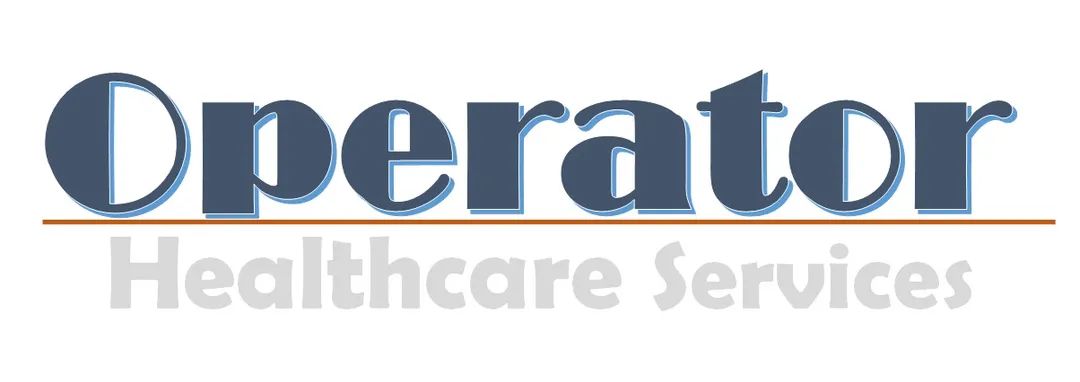
- Home
- About Us
- Services
- Financial Planning and Management
- Resources Management
- General Management
- Facility Management
- Governance and Accountability
- Human Resources Planning and Management
- Quality Management
- Policy and Planning
- Day-to-day hospital management
- Planning and Management of Service Provision
- Managing performance through information
- Financial Reforming & Bankruptcy Protection
- Market Research Study
- Our Projects
- Resources
- Careers
- Contact Us
- Articles & Reports
- Partnerships & Collaborations
- Events & Insights
- Learning & Development
- Home
- About Us
- Services
- Financial Planning and Management
- Resources Management
- General Management
- Facility Management
- Governance and Accountability
- Human Resources Planning and Management
- Quality Management
- Policy and Planning
- Day-to-day hospital management
- Planning and Management of Service Provision
- Managing performance through information
- Financial Reforming & Bankruptcy Protection
- Market Research Study
- Our Projects
- Resources
- Careers
- Contact Us
- Articles & Reports
- Partnerships & Collaborations
- Events & Insights
- Learning & Development